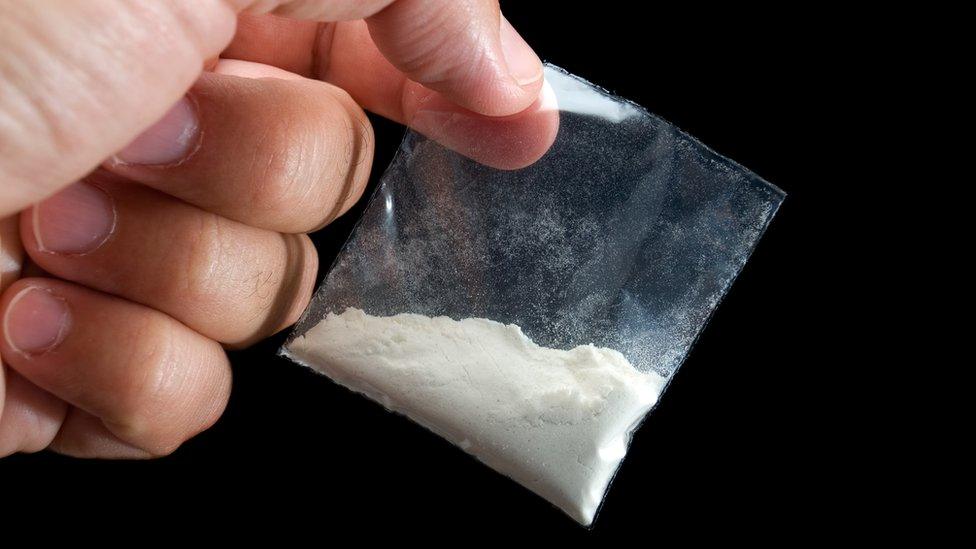Peru Two: 'Stop judging me for my drug-smuggling past'
- Published
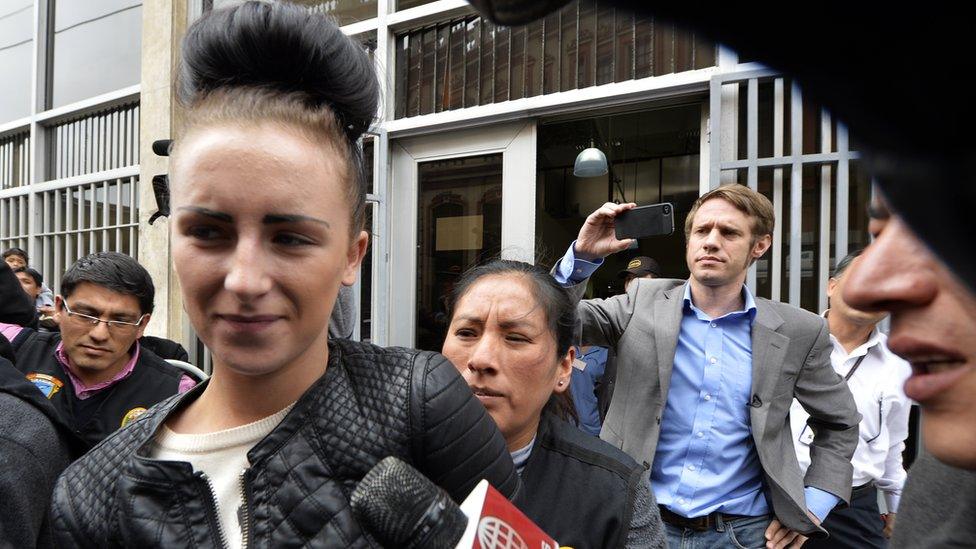
On social media Michaella McCollum seems confident, even comfortable, in the spotlight - but in real life it seems a different story.
The former drug mule appears fragile.
The 26-year-old occupies a weird kind of semi-celebrity status. More than 28,000 people who follow her private Instagram account see snaps familiar to many aspiring influencers - a mix of pouting selfies, glam holiday shots and cute pictures of her one-year-old twins. But she's also often featured in the gossip pages of tabloid newspapers.
Her smile is warm, if slightly nervous, and her voice is soft. She pushes her long blonde hair out of her eyes at regular intervals while we talk over video chat from her home in Northern Ireland, during her babies' nap time.
The unease she's showing could be due to the fact McCollum is better known as one of the Peru Two - two women arrested trying to smuggle £1.5m worth of cocaine into Ibiza in 2013.
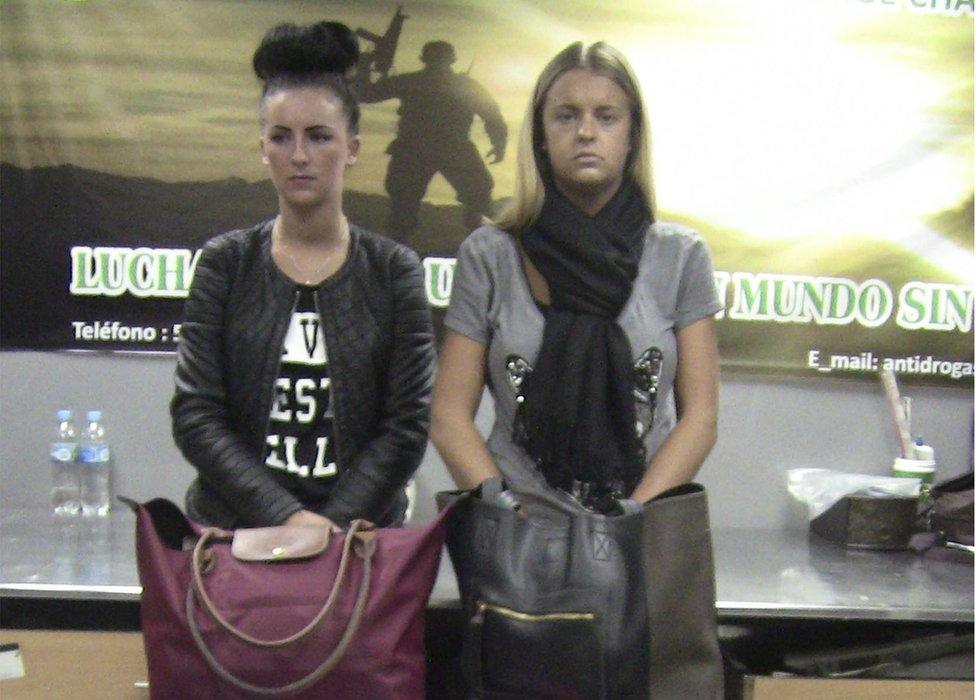
Michaella McCollum (left) and her fellow drug mule, Melissa Reid (right), were arrested at Lima airport in August 2013
McCollum and the woman arrested with her, Melissa Reid, quickly became notorious. Pictures of the pair looking shell-shocked as customs officers arrested them in the middle of Lima's crowded airport were everywhere.
People on social media debated whether they looked sorry for their crime, while wondering how two 20-year-olds go from partying in Ibiza to getting mixed up with an international drug smuggling ring.
They looked so relatable, like anyone you might meet on a night out on holiday. They claimed that they were naive, but were convicted of drug smuggling and spent more than two years in a series of grim, cockroach-infested Peruvian prisons.
McCollum was granted early release in 2016 and returned home, but her reputation followed her. As a convicted criminal, she says it's been hard to find work, make new friends and have relationships.
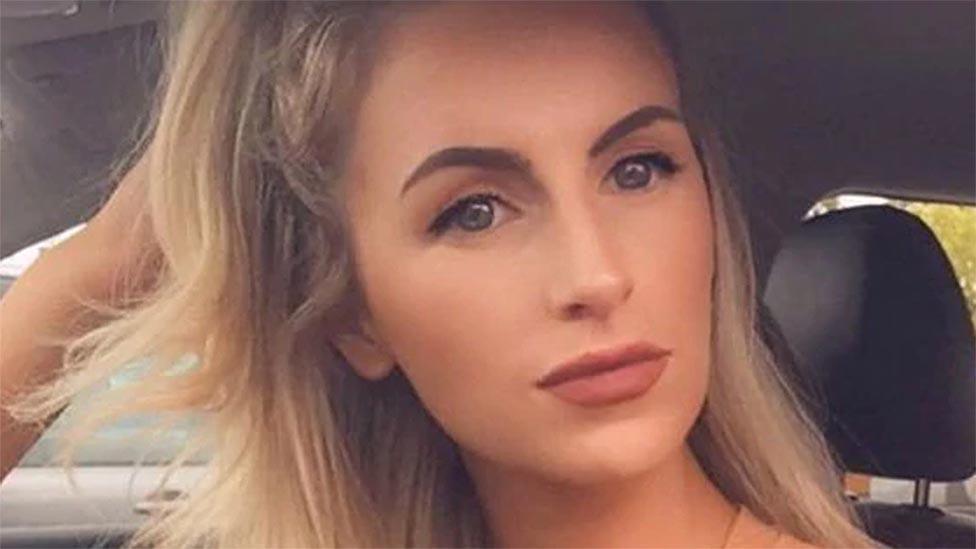
McCollum is back home now after serving almost three years in prison in Peru
She feels "like everyone is judging her" and claims her experience has left her with "trust issues".
Her fellow prisoner Reid has kept a comparatively low profile, but McCollum has now written a book about her experiences. She says the title, You'll Never See Daylight Again, was based on a threat made to her while she was in jail.
Escape to Ibiza
There were signs from the start that going to Ibiza was a bad idea, McCollum tells Radio 1 Newsbeat.
"I didn't know much about the island. I was having problems at home and just wanted to escape, but didn't know where to. I'd worked in bars before and did like partying, so when I saw people on Facebook saying they were going there I got the idea. I thought I'd have a really good summer."
She bought a one-way ticket. It was her first time leaving the UK and her mum and sisters - she's one of 10 - came to see her the day before she left, "crying hysterically".
"I was like, 'Why are you being so dramatic?'.
"They told me afterwards they had a feeling that something was going to happen, that I wasn't supposed to go there," she says.
On the day of her flight McCollum forgot her passport and was running late. Once she got to the airport she realised she didn't have her boarding pass and was fined by the airline. Then her hand luggage was too heavy, and she was fined again.
"I just thought it was bad luck," she says.
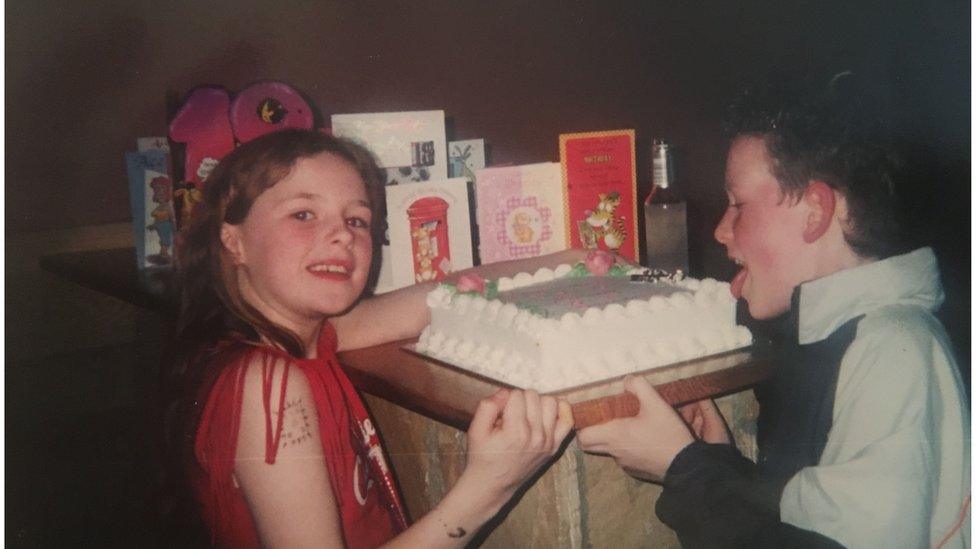
McCollum (left) grew up as one of 10 siblings in a close family
The way she tells it, McCollum was running away from her life in Northern Ireland. In the book she describes growing up amongst gambling, drugs, death threats against her Catholic family and an abusive boyfriend.
McCollum claims although she wanted these more personal details cut out of the book, fearing they would make her "more vulnerable", she was persuaded it would help people "connect with the person she was at the time".
But this isn't a bid to make people feel sympathy for her, she says.
"It was never put in there for me to play the victim. It's just to give people the whole image of who I was. Obviously, everybody can have an opinion of me going to Ibiza and Peru but I'd gone through some things in life that had led me to that point.
"If I hadn't got involved in drugs at a young age I definitely wouldn't have gone to Ibiza - or continued taking drugs, or got myself in that situation."
A dreadful decision
McCollum says she was at a party and high on acid, the psychedelic drug LSD, when a new friend asked her to "go on a trip" to "pick up a package" in Barcelona.
She writes now that it was the "worst decision of my life" and says her thinking was confused at the time. She knew she didn't want to go back to Northern Ireland and the £5,000 they were offering seemed like a ticket to a new life. She tells Newsbeat that she assumed she would be transporting drugs, but had no idea of the scale of the operation she would become part of.
It all happened pretty quickly after that. In the book, she recalls a drug-fuelled pit stop for breakfast at McDonald's, writing that: "Of everything I've done, everything that I regret, sniffing Class A drugs off a table in McDonald's is up there. But that's hindsight for you."
Before she'd had time to fully sober-up she found herself boarding a plane to Mallorca. The plan had changed - she was no longer going to Barcelona, her final destination was now Peru, with a few days stopover on the neighbouring Balearic island.
Once in Mallorca, she was introduced to Reid and the pair spent several days at a house filled with guns and strangers who booked their onwards flights to Lima - Peru's capital - where it was planned they would pick up the drugs.
"I didn't really know where Peru was but I didn't think it was in South America. I'd never heard of it before. Because I was first told I was going to Barcelona and then Mallorca, I thought that Peru was going to be somewhere in Spain too. I know it's so stupid but I just really didn't know. I hadn't travelled."
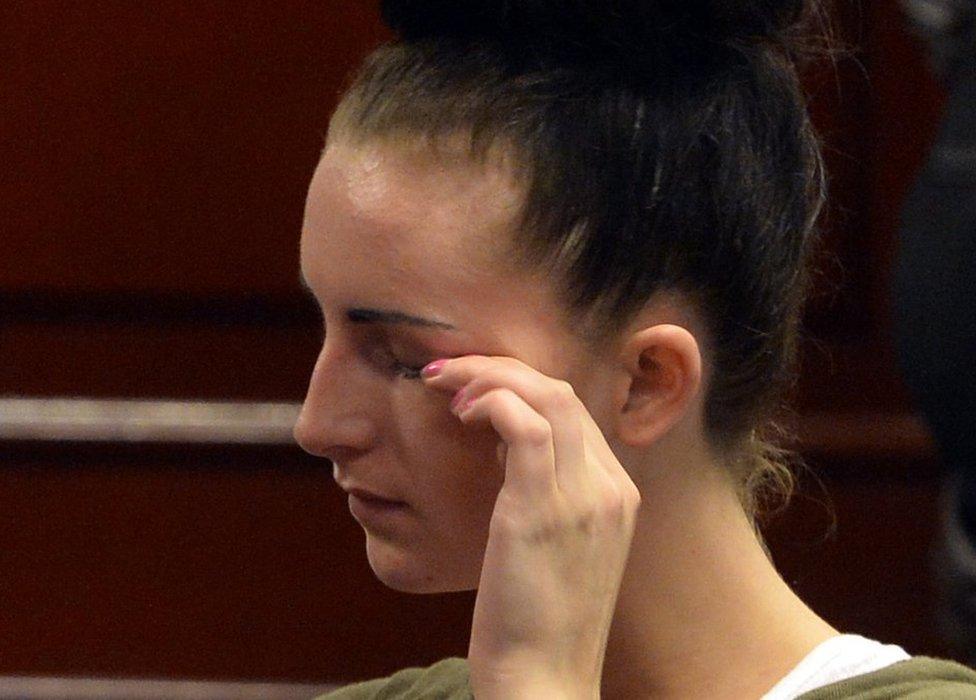
McCollum says she "asks herself all the time" why she didn't walk away from the drug deal
The truth about her destination finally dawned when, concerned about how long the flight was taking, she asked the man in the seat next to her for information about their destination. It was at that moment she says her "heart dropped". She'd watched enough movies to know that South America was associated with serious drug crime.
When they arrived and she saw the level of security and military presence at the airport she started really "freaking out".
So, why didn't she try to escape? After all, it was only her and Reid alone in Peru, pretending to be tourists together, for several days.
"It's something I ask myself all the time," says McCollum.
It's true that their Spanish contacts had taken their personal mobiles and told them they were being watched, but they had no interactions with anyone else until the drugs were delivered to their hotel on the last night.
It was only then - when she saw the amount they were meant to bring back - that reality started to sink in, she claims.
"When I saw how much drugs there were I started getting more scared because I realised this was a really, really big thing. Until then, I thought I was just taking back something small - which is still a big deal - but there were about 38 packages in total. It was a real shock.
"I was scared and thought 'I just want to get it over with and get back home'. I don't know what would have happened if I had just walked away, maybe nothing. But I wish I had listened to my gut and walked away."
'Mum... I'm in jail'
She didn't.
Instead, along with Reid, she packed her suitcase with 11kg of cocaine hidden in cereal packets and, after an anxious night, headed for the check-in queue at Lima airport. It wasn't long before they were surrounded by sniffer dogs and police who escorted them into a side room. Once the test on the drugs in Reid's case came back positive, their fate was sealed.
"The whole room erupted," McCollum recalls. "Within minutes it was filled with 30 or 40 people. That's when I realised it was over. I just felt numb, I didn't move or say much. I still couldn't believe it was me in that situation."
It's clear McCollum doesn't find it easy reliving these experiences. She often looks on the brink of tears during our conversation. "We were like deer caught in the headlights," she says quietly.
Both her and Reid then endured a "really, really horrible search" and were chained to metal chairs for 24 hours wondering what lay in store for them. The pair, whose personalities had clashed up to this point, found themselves suddenly bonded by their shared nightmare.
"I started thinking about my family for the first time and I looked at Melissa, and we both started sobbing… I just felt so stupid and sad."
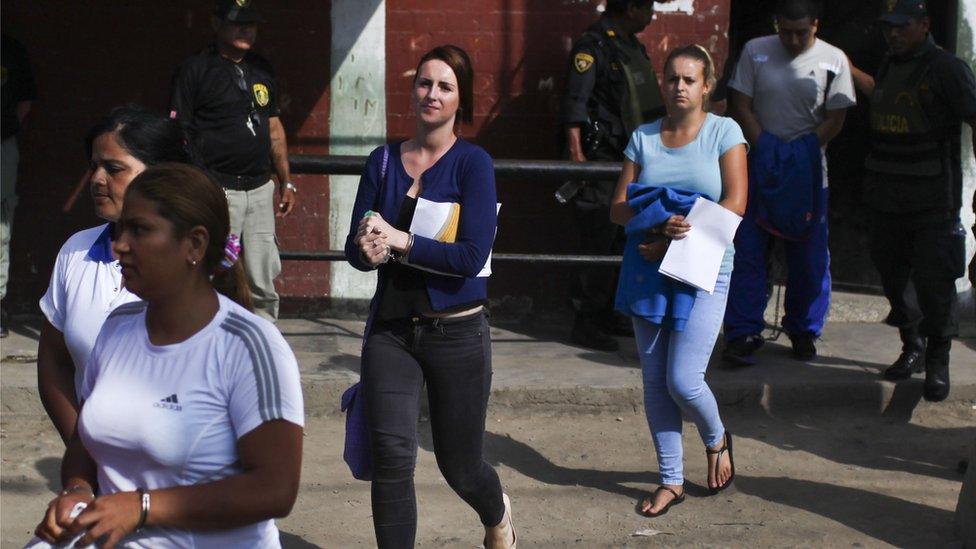
McCollum and Reid pleaded guilty to trying to smuggle 11kg of cocaine
Her first phone call with her mum is something she'd rather forget. "It was awful," she says. A few days had passed since her arrest and at this point her family were making desperate appeals for information on social media, believing she was missing.
"When I called and said 'Hello', my mum knew it was me. She started shouting and screaming and all my family members came on the phone - everybody was really happy. I was trying to talk but mum was too busy. When I finally said, 'I'm in jail' she didn't really understand and the call cut off before I could explain. So, it wasn't until the next day when it was in the papers that she found out I'd been arrested for drugs."
Sat in court handcuffed together in December 2013, McCollum and Reid were jailed for six years after pleading guilty to drug trafficking.
The next two years and eight months of McCollum's life were spent in a series of Peruvian prisons, where the bed was a concrete slab, food was often riddled with bugs and you could find a knife aimed at your head for trying to change the TV channel.
Looking back, she's grateful to have got through it without being beaten up or "touched".
'I could have made a lot of money'
McCollum learnt Spanish while serving time and it's clear she has tried to turn her life around. Now, she lives at home with her mum and her twin sons, and recently took and passed three A-levels. She hopes a degree in business is next.
She's still friends with Reid, although they don't see each other - which she puts down to living in different countries.
"We'll always have a bond," McCollum says, admitting that at times they only had each other. "I'm really grateful that she was there. She helped me through some difficult times - she understood everything because she was going through it too."
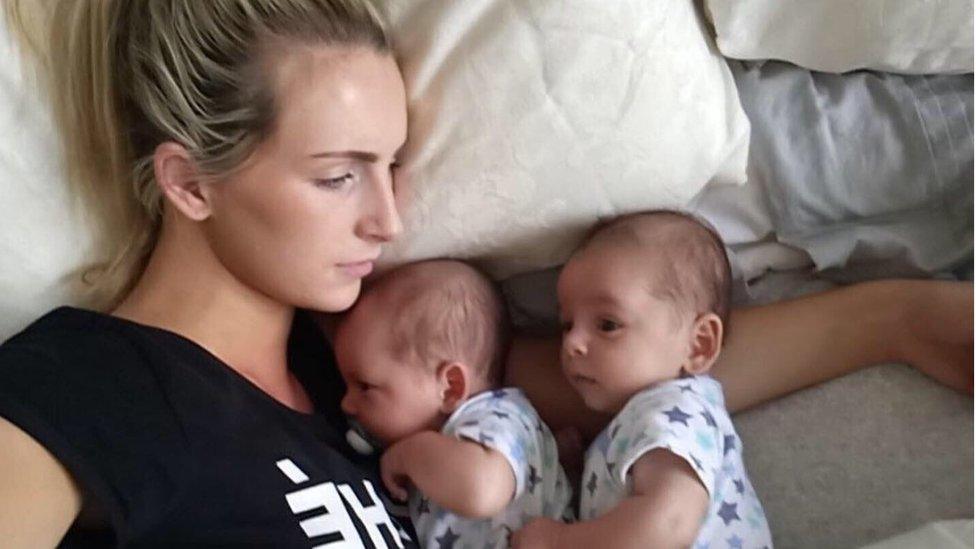
McCollum is a now a mum to twin baby boys
As much as McCollum is trying to put her past behind her, there will be some who say that she's cashing in on her crime by putting her story back in the spotlight. So, why tell it now?
It's not about the money, she insists - although any profits from the book will go directly to her.
Since returning to the UK, McCollum says she's had "several" approaches to do different TV shows.
"I could have made a lot of money doing that if I was money-orientated," she says, adding that press attention has made it hard for her to "return to her life and get a job".
Instead, her argument is that she wants people to stop judging her and to draw a line under that chapter in her life. She also talks about wanting to bring awareness to the consequences of things like drug smuggling.
The book ends on a positive note with McCollum, who says she hasn't touched drugs since that time in Mallorca, writing that now "everything is exactly as it should be". But speaking to her it's clear that she's still struggling to come to terms with what she did - and that those experiences and her reputation are likely to haunt her for the rest of her life.
"It's hard to talk about it because it's still very emotional for me. It's something I want to overcome and let go of. I want to deal with the emotions that I bottled up. I'm hoping through this process that I'll be able to heal."

Drug trafficking and the cocaine trade: the facts
In the UK, drug trafficking, external Class A drugs like cocaine carries a maximum sentence of life imprisonment (25 years).
European drug cartels are reported to make around £21bn, external (€24bn) a year from the sale of illegal drugs, according to Europol - that's twice what it took to fund the 2016 Rio Olympics.
Eight thousand people die from drug-related deaths, external every year in the EU.
The cocaine trade alone accounts for £4.9bn , external(€5.7bn) a year.
Cocaine is Europe's most commonly used illicit stimulant drug, with about 3.6 million adults, external (aged 15-64) estimated to have used it in the last year.
Young adults are thought to be behind record levels of Class A drug use in England and Wales.
Cocaine is highly addictive. It's associated with a range of physical and mental health problems, external from heart attacks to depression and anxiety. The risk of overdose increases if you mix cocaine with other drugs or alcohol.
65% of organised crime groups involved in trafficking cocaine are also involved in other criminal activities, external like money laundering, human trafficking and extortion, according to Europol.
In 2019, drug deaths in England and Wales soared to the highest levels on record, with cocaine deaths doubling in the past three years.
Cocaine production also causes serious damage to the environment, external including deforestation.


Follow Newsbeat on Instagram, external, Facebook, external, Twitter, external and YouTube, external.
Listen to Newsbeat live at 12:45 and 17:45 weekdays - or listen back here.
- Published20 September 2019
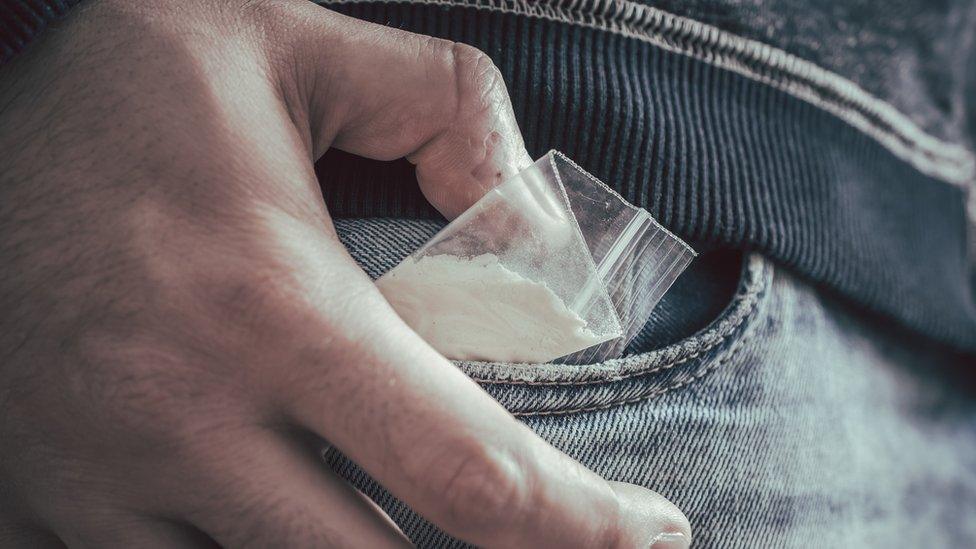
- Published15 October 2019
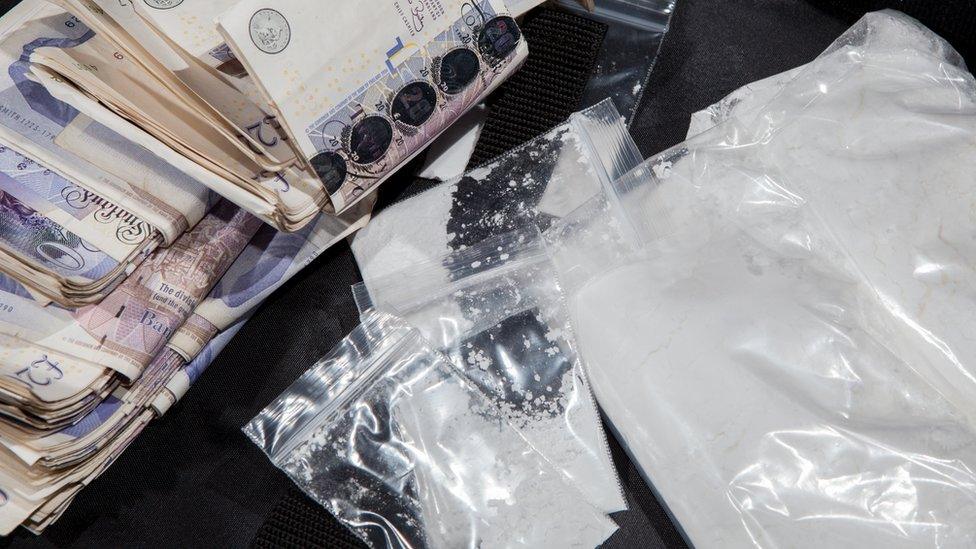
- Published30 September 2019
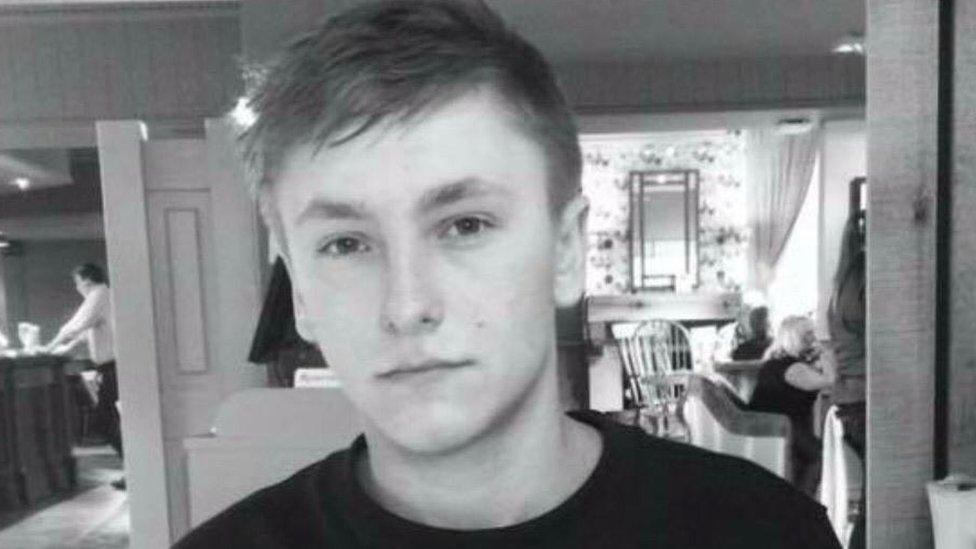
- Published1 April 2019
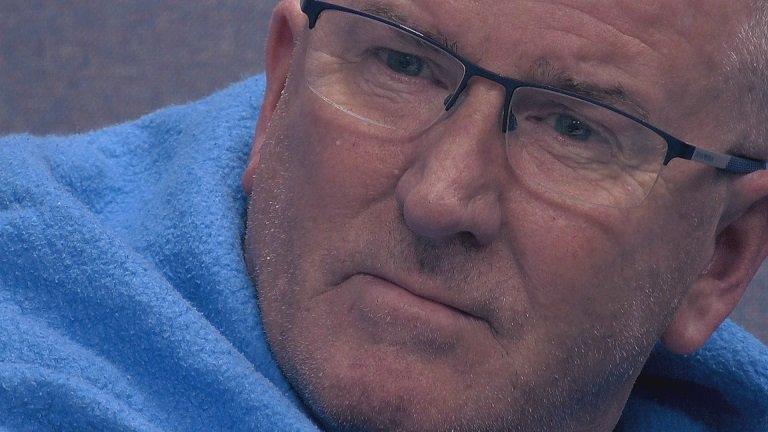
- Published21 December 2018
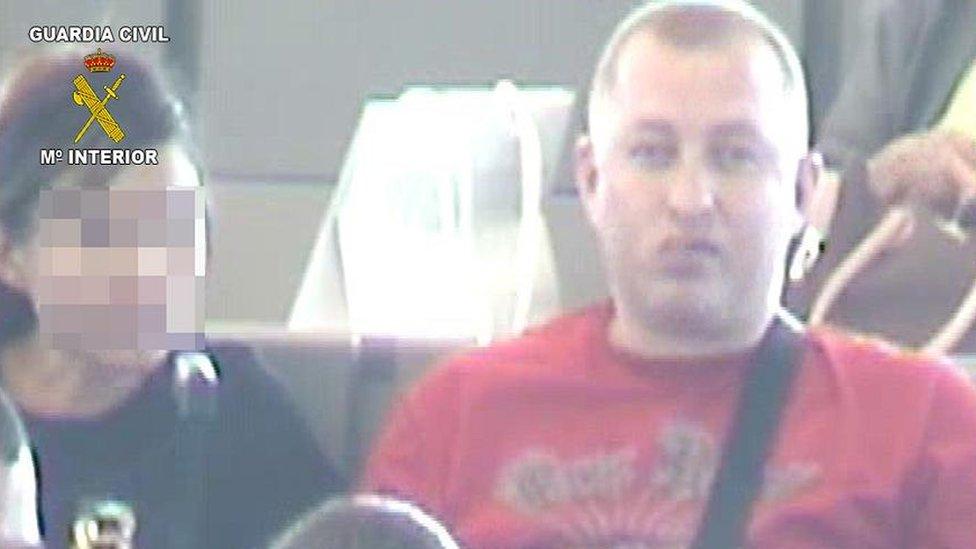
- Published3 August 2018
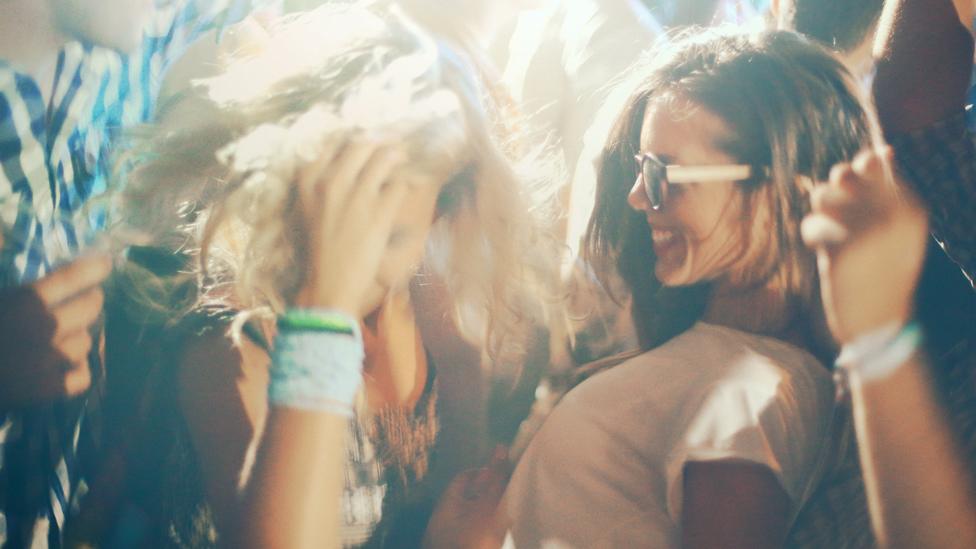
- Published2 August 2018
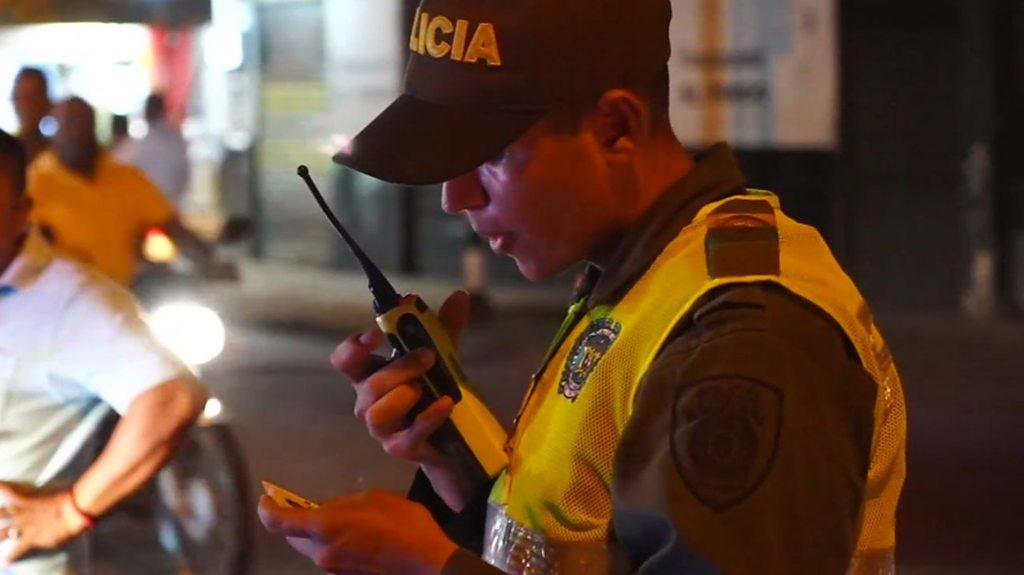
- Published23 May 2018
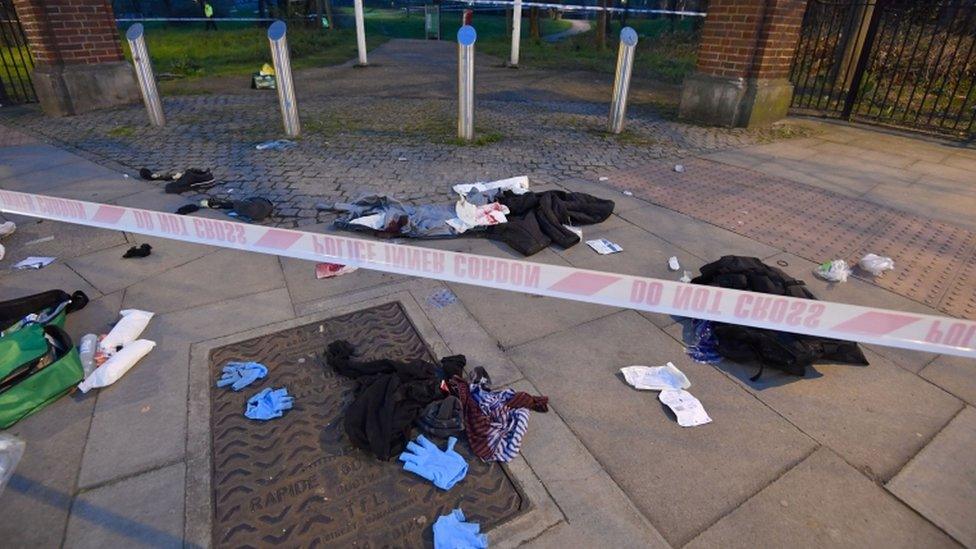
- Published6 April 2018
